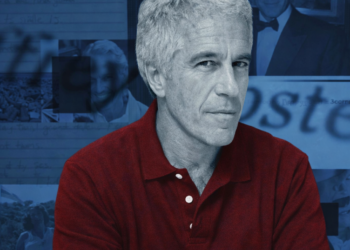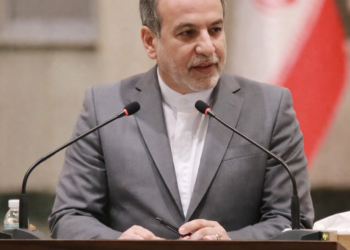On July 17th, the University of Ibadan was thrust into chaos as students took to the streets in protest. The reason? A memo allegedly released by the university management on July 16th, which announced a drastic reduction in electricity supply to student hostels—10 hours out of 24, with 6 hours during the day (8 AM to 2 PM) and a measly 4 hours at night (10 PM to 2 AM). This move came on the heels of a 100% fee hike, further igniting the students’ already simmering frustrations.

The Students’ Response
Under the leadership of Aweda Bolaji, the president of the student union, a protest resolution was quickly organized. The students mobilized from their various halls of residence, marched to the school gate, and effectively shut it down. They then moved to various faculties, halting lectures and demanding the attention of the administration. The air was thick with the chant: “Lofe lofe l’Awo fun won, lofe lofe l’Awo fun won, education tawa n sanwo fun lofe lofe l’Awo fun won”—a powerful message demanding their rights to free utilities.

Solidarity Across Campus
The protest wasn’t just a show of strength from the student union; it had the backing of various faculty executives and hall of residence executives. This broad support underscores the depth of the students’ dissatisfaction. Their demands were clear: the immediate withdrawal of the alleged memo, a guarantee of constant power supply in the hostels and surrounding areas, a reversal of the fee hike, and refunds for those who had already paid. Additionally, they called for an end to the victimization of three students—Aduwo Ayodele and Olamide Gbadegesin—who had participated in a peaceful protest on May 13th, 2024.

The Larger Picture
The bravery and resolve of the University of Ibadan students deserve praise. They have shown that they will not sit idly by while their rights are trampled. Their protest is a testament to the power of student activism. In an era where students are often viewed as passive recipients of education, these young individuals have risen to assert their rights and demand accountability. The students’ demands are not unreasonable; they are fundamental rights that should be guaranteed in any educational environment.
Conclusion
As the dust settles and the negotiations begin, one thing is clear: the students of the University of Ibadan have set a precedent. They have shown that through unity and determination, they can challenge the status quo and fight for their rights. Aluta Continua, Victoria Ascerta—The struggle continues, victory is certain.

















